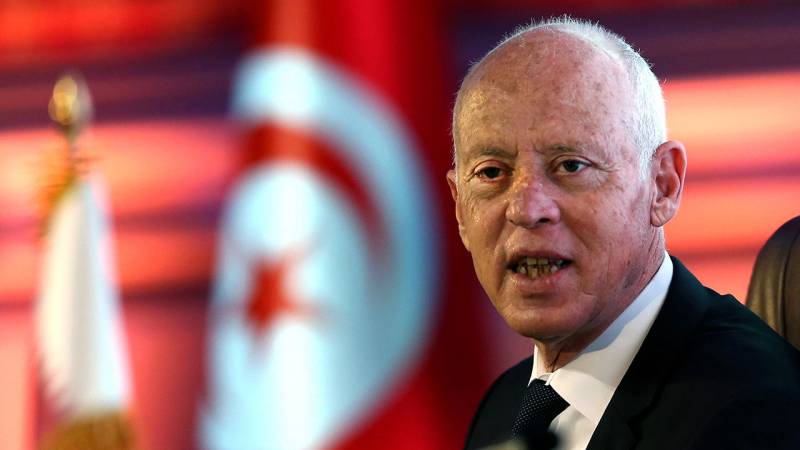Tunisian President Kais Saied has dissolved a major independent judicial watchdog, he said Sunday, accusing it of bias and working for special interests.
The Superior Council of the Judiciary (CSM) “is a thing of the past”, the president said in a video, accusing the body responsible for appointing judges of corruption and delaying politically sensitive investigations, including into the assassinations of left-wing activists in 2013.
Tunisia was the only democracy to emerge from the Arab Spring revolts of a decade ago, but civil society groups and Saied’s opponents have expressed fear of a slide back to the authoritarianism seen under long-time dictator Zine El Abidine Ben Ali.
Observers say the government is seeking to clamp down on the Islamist-inspired Ennahda party, which has controlled parliament and the various governments since the 2011 revolution which toppled Ben Ali.
Saied has concentrated all executive power since July 25, when he dismissed his Prime Minister and suspended parliament — a decision described as a coup by Ennahda and other opposition figures. He has since ruled by decree.
The “July 25 movement” — composed of his top supporters — Saturday called on the president to dissolve the CSM in order to “purge” the judiciary of “corrupt magistrates”.
“Unfortunately in this country, some judges in the courts have manipulated the Chokri Belaid case,” said Saied, referring to a leftist leader who was shot three times outside his home in February 2013.
“This is not the first trial where they have tried to hide the truth for years,” he added.
A major demonstration is planned for Sunday in Tunis to commemorate the assassination of Belaid and of Mohamed Brahmi, killed in similar circumstances in July the same year.
“In this council, positions and appointments are sold and made according to affiliations,” said the head of state.
“You cannot imagine the money that certain judges have been able to receive, billions and billions,




